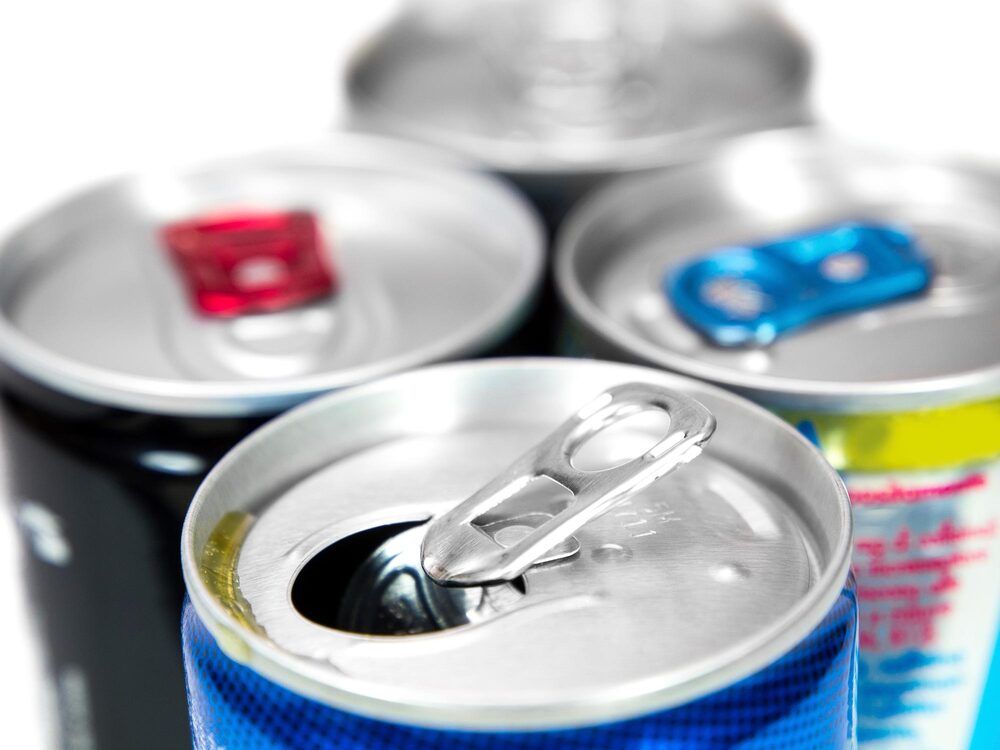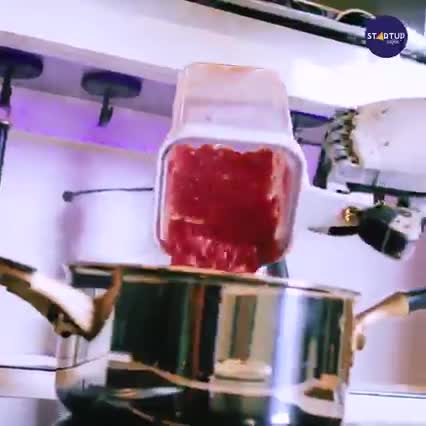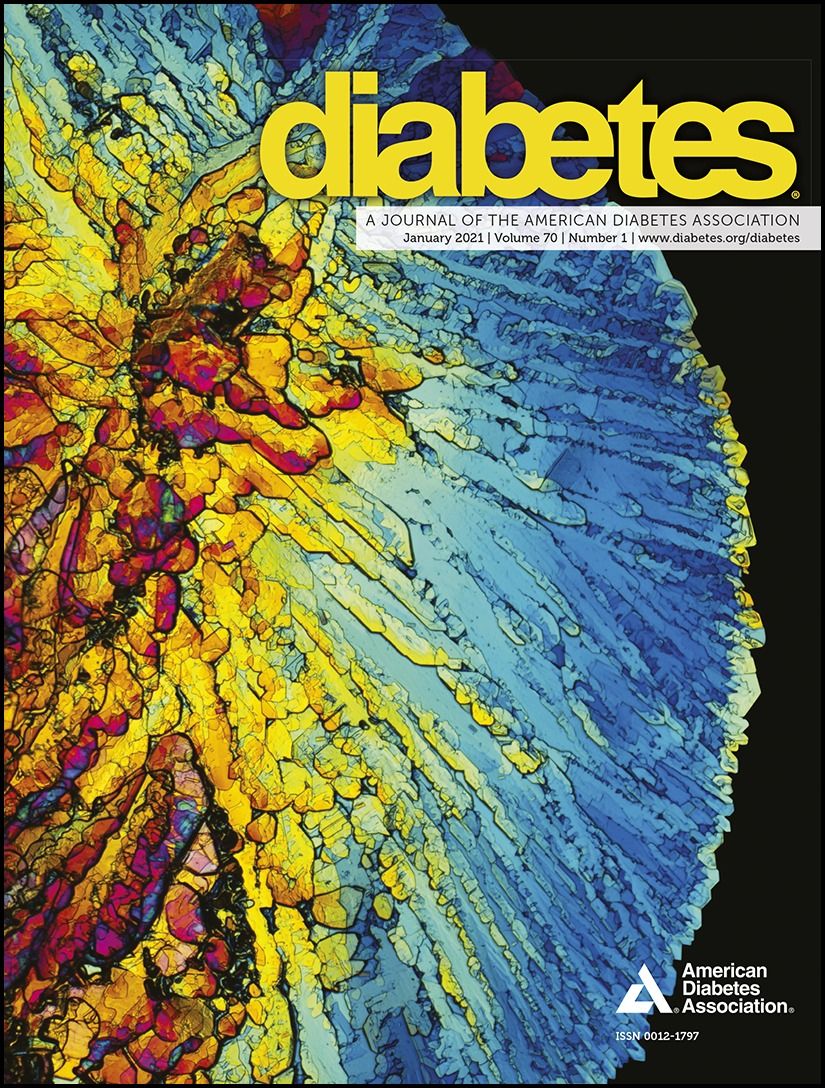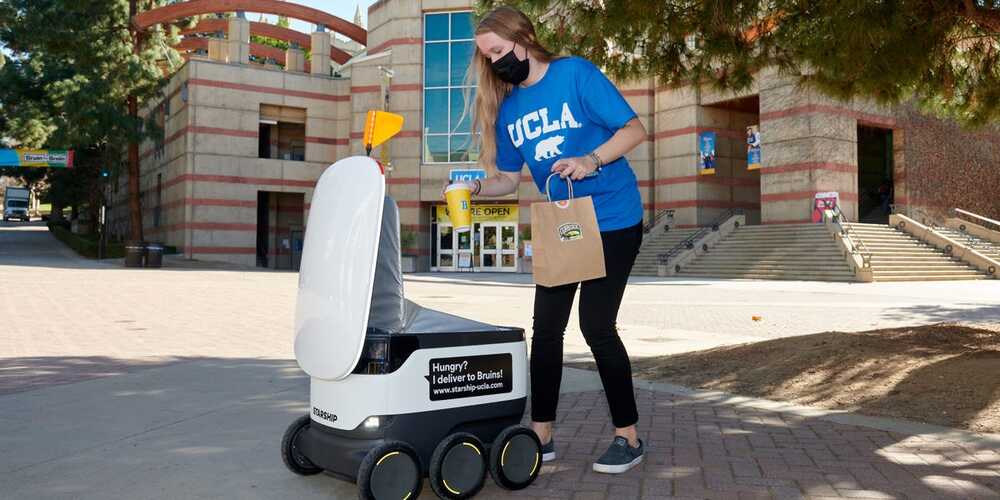Popular energy drinks may give you a boost, but they may also contribute to possible serious heart conditions, findings show.
A team of researchers, led by a Texas A&M University professor, has found that some energy drinks have adverse effects on the muscle cells of the heart.
The study, led by Dr. Ivan Rusyn, a professor in the Veterinary Integrative Biosciences (VIBS) Department at the Texas A&M College of Veterinary Medicine & Biomedical Sciences (CVMBS), was published in Food and Chemical Toxicology. In it, researchers observed cardiomyocytes – human heart cells grown in a laboratory – exposed to some energy drinks showed an increased beat rate and other factors affecting cardiac function.






